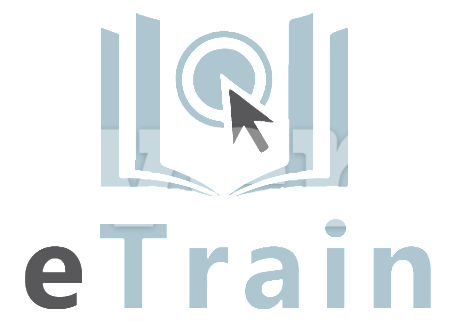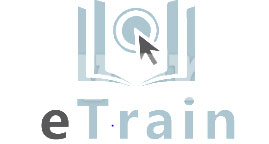Description
Introduce yourself to special educational needs (SEN) and disability, and learn to appreciate the importance of the subject in relation to equality and inclusion. Every child deserves to have the opportunity to reach their full potential, regardless of what issues they may face. As a training early years practitioner, you need to be aware of the legislation that is in place, and learn how to recognise and support those with SEN who visit your learning environment.
Child Led Service Delivery
Previously, care and support for SEN children was service-led, which created problems when various services were required. Nowadays, there is more emphasis on child-and-young-person-led delivery, so that the services that are needed can be accessed with ease. After all, it’s important that children have the opportunity to have an opinion – or, if unable to communicate, advocates should be able to represent their wishes and opinions for them.
Making Meaningful Observations
It is essential that early years practitioners work alongside other agencies, to ensure continual support for every child and their family. Every child is different, with individual needs, so the development of a strong relationship and the provision of a good support network is a must. This can start from something as simple as making an observation in order to assess a child’s needs, but can go on to mean a solid relationship that can be trusted wholeheartedly.
KEY LEARNING POINTS
This course would suit any early years practitioner who works alongside children with special needs. It would be particularly useful for students who wish to train towards becoming a Key Person or a Special Educational Needs Co-Ordinator (SENCO).
Learn how to use information sourced from a Key Person, SENCO and parents to form an Individual Education Plan (IEP) which can then be used to plan the child’s activities and support, with emphasis on the EYFS where necessary.
Gain insight into the various child-led models of delivery, and the importance of the approach in comparison to service-led alternatives.
Understand the importance of observations, and how they can help with future plans and activities based on the child’s individual requirements.
Explore the various Special Educational Needs (SEN) that you will experience within a childcare setting, including Down’s Syndrome, ADHD, ADD, Cerebral Palsy and Asperger’s Syndrome.
Understand some of the key legislation points that help govern practice with regards to SEN.
Get to grips with the role of a SENCO and their importance in a childcare setting.
Learn how to write a SEN policy, the legal rights of SEN and disabled children, and the SEND Code of Practice 2015.
Appreciate the value of a practitioner’s support to families of SEN children, as well as the importance of inclusion of children with SEN and good inclusion practice in schools.
ADVANTAGES OF THIS COURSE
Don’t worry about having to find time in hectic schedules to study; you can pick up, and put down, the courseware whenever it suits.
Plenty of time for you to complete the course syllabus – materials are available 24/7, 7 days a week and 365 days a year.
No deadlines to adhere to. Simply work through the course material and complete the 14-question multiple choice assessment at the end.
Technical support is available if you run into problems using the courseware at any point.
Includes a combination of presentations, video tutorials, exercises and quizzes to help you through the course content in a variety of ways, to suit every learning style.
Move your career in an early years setting in a fulfilling direction, understanding special educational needs and making an important difference to the children who have them.
With the right support, every child can flourish and reach their full potential. Join this course today and learn about how you can help.







Bateman –
Well-organised and presented. I am understanding everything even better than I expected.